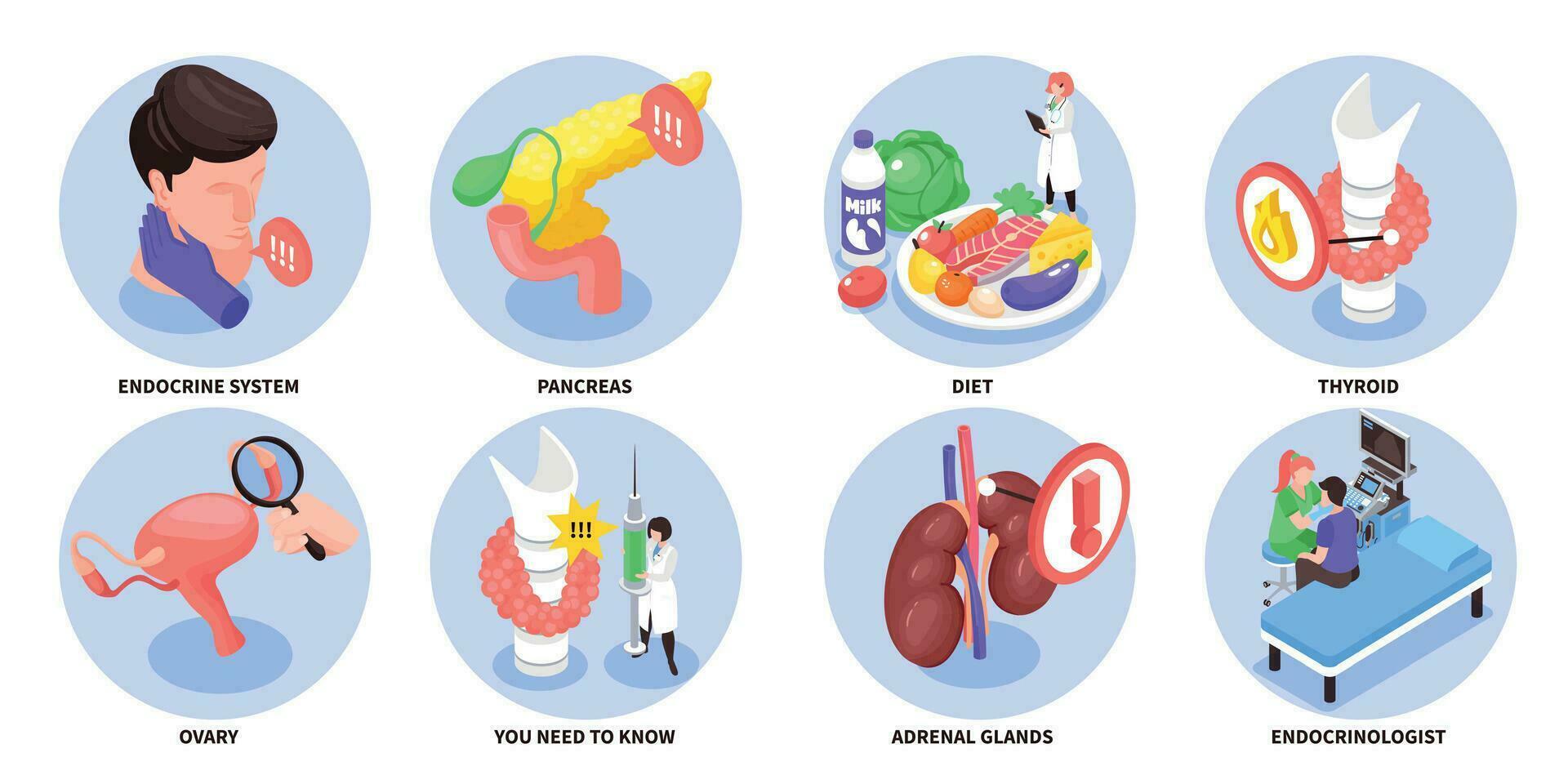Endocrinologist in Liberty Hill: Committed Experts for Hormonal Wellness
Wiki Article
The Science Behind Hormone Policy: Insights From an Endocrinologist
The Scientific Research Behind Hormonal Agent Guideline: Insights From an Endocrinologist provides an extensive exploration of the intricate procedures included in hormone guideline. Whether you are a clinical professional looking for a deeper understanding of endocrine function or a private interested in learning regarding the scientific research behind hormone guideline, this book is a very useful resource.Hormones and Their Features
Hormonal agents play crucial roles in the policy and control of different physiological processes within the body. These chemical carriers are created by endocrine glands and are released into the blood stream, where they take a trip to target cells or body organs to exert their effects. The features of hormones are diverse and incorporate virtually every facet of human physiology.Among the primary features of hormonal agents is to keep homeostasis, which is the steady interior environment needed for the body to work ideally. Insulin, a hormonal agent generated by the pancreas, manages blood sugar levels by advertising the uptake and storage space of sugar in cells. One more hormone, cortisol, aids the body reply to anxiety by raising blood glucose levels and subduing the body immune system.
Hormonal agents likewise play essential functions in development and advancement. Growth hormone, created by the pituitary gland, stimulates the development of bones and tissues, while thyroid hormonal agents manage metabolic process and influence the development of the worried system - Best endocrinologist in texas. Additionally, reproductive hormones, such as estrogen and testosterone, are responsible for the growth and upkeep of secondary sex-related attributes and the guideline of the menstruation cycle
The Endocrine System: An Overview
Playing a vital function in the regulation and coordination of physical procedures, the endocrine system is a complex network of glands that produce and release hormones into the bloodstream. These glands, consisting of the hypothalamus, pituitary gland, thyroid gland, adrenal glands, pancreas, ovaries, and testes, secrete hormonal agents that function as chemical messengers, affecting numerous physical features. The endocrine system operates in conjunction with the nerves to regulate and keep homeostasis, ensuring that the body's internal atmosphere stays stable.The hypothalamus, situated in the mind, is taken into consideration the master regulatory authority of the endocrine system. It produces hormones that inhibit the launch or boost of hormones from the pituitary gland, which in turn manages the activity of other endocrine glands. The thyroid gland, situated in the neck, creates hormonal agents that manage metabolic rate and power balance. The adrenal glands, situated atop the kidneys, generate hormonal agents that aid the body respond to stress and anxiety and manage high blood pressure.

Policy of Hormone Manufacturing
The law of hormonal agent manufacturing entails a complex interplay in between different glands and feedback devices within the endocrine system. Hormones are chemical messengers that play find out here now a crucial function in maintaining homeostasis and coordinating numerous physiological processes in the body. The manufacturing of hormones is snugly managed to ensure the appropriate functioning of the endocrine system.The hypothalamus, situated in the brain, acts as a crucial regulator of hormonal agent production. It launches hormonal agents that hinder the production or boost of hormones by the pituitary gland, which is commonly referred to as the "master gland" of the endocrine system. The pituitary gland, subsequently, produces hormonal agents that act upon different target glands throughout the body, boosting them to produce and launch specific hormones.
Responses mechanisms additionally play a vital function in hormonal agent policy. There are two sorts of responses mechanisms: unfavorable responses and positive comments. Adverse feedback aids maintain hormone degrees within a slim range. When hormone degrees climb above or fall below the ideal variety, the body triggers mechanisms to either reduction or rise hormonal agent production, respectively, to bring back balance. Favorable comments, on the various other hand, amplifies the production of hormones in action to particular stimulations, such as giving birth.
Responses Loops in Hormonal Agent Law
Responses loopholes play an essential duty in the guideline of hormonal agent production. These loops entail a series of interactions in between the endocrine glands, hormones, and target organs to preserve homeostasis in the body. There are two sorts of responses loopholes: unfavorable comments and positive responses.When hormone degrees rise over a specific threshold, the hypothalamus in the mind signals the pituitary gland to reduce hormone production. Conversely, when hormone degrees drop listed below the limit, the hypothalamus stimulates the pituitary gland to boost hormone production, restoring balance.
Favorable feedback loops, on the various other hand, enhance hormone manufacturing. This occurs when a hormone boosts the release of more of the very same hormone, causing a quick increase in its levels. Favorable responses loops are less typical in hormonal agent law and are usually involved in certain physical procedures, such as childbirth and lactation.
Aspects Affecting Hormonal Agent Equilibrium
Factors influencing hormone balance consist of nutritional choices, lifestyle practices, and environmental exposures. These aspects can have a substantial influence on content the fragile equilibrium of hormonal agents in the body, affecting numerous physical processes and general health and wellness.Nutritional selections play an essential role in hormone policy. Consuming a balanced diet that consists of a selection of nutrients is essential for maintaining hormone equilibrium. Particular nutrients, such as omega-3 fats, vitamins, and minerals, are specifically crucial for ideal hormone feature. On the various other hand, a diet regimen high in refined foods, fine-tuned sugars, and undesirable fats can disrupt hormone degrees and cause discrepancies.
Lifestyle behaviors, such as workout, sleep patterns, and stress monitoring, likewise influence hormonal agent equilibrium. Routine physical activity aids control hormone degrees, promotes total wellness, and decreases the threat of hormone conditions. Adequate rest is vital for hormone manufacturing and policy, as interfered with sleep patterns can lead to discrepancies. In addition, persistent stress can have a peek at this site dysregulate the hypothalamic-pituitary-adrenal (HPA) axis, a principal in hormonal agent policy, bring about a cascade of hormone imbalances.

Conclusion
In verdict, comprehending the science behind hormone regulation is vital for preserving overall health and well-being. Hormonal agents play critical duties in different bodily functions, and their manufacturing is managed by complicated responses loopholes.The Science Behind Hormonal Agent Guideline: Insights From an Endocrinologist offers a thorough exploration of the intricate procedures involved in hormonal agent policy. It generates hormones that inhibit the release or boost of hormones from the pituitary gland, which in turn regulates the activity of various other endocrine glands. It releases hormonal agents that prevent the production or promote of hormonal agents by the pituitary gland, which is commonly referred to as the "master gland" of the endocrine system. The pituitary gland, in turn, produces hormonal agents that act on numerous target glands throughout the body, promoting them to generate and release certain hormonal agents.
When hormone degrees climb above a certain threshold, the hypothalamus in the mind signals the pituitary gland to reduce hormonal agent manufacturing. (Endocrinologist in cedar park)
Report this wiki page